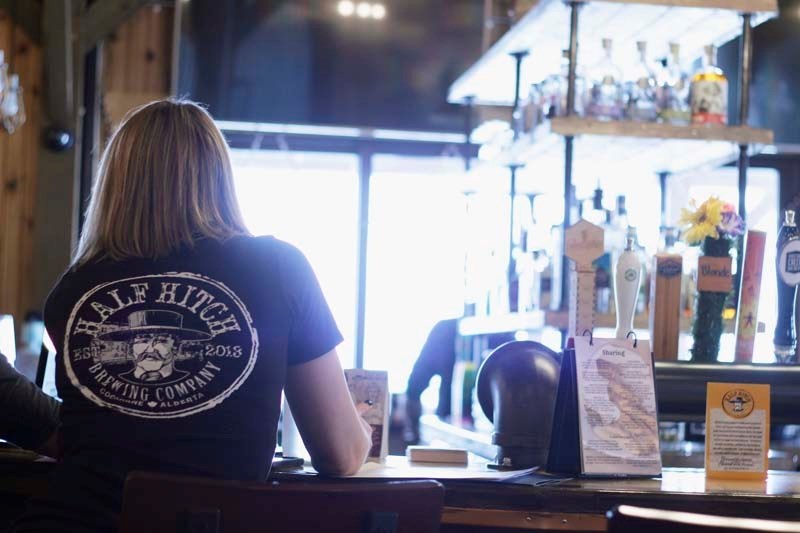The Alberta Government is calling out Ontario for what’s being called unfair liquor policies that discriminate against small Alberta producers and the fight is being taken to court. Ontario’s liquor market is regulated by the government-run Liquor Control Board of Ontario (LCBO) and the province’s Beer Store which is a privately owned retail chain. For years, the policies held by both have made it nearly impossible, or at least significantly costly, for small Alberta brewers to enter the market. Chris Heier, president of Cochrane’s Half-Hitch Brewing Company, knows the struggle of exporting beer to Ontario well. Currently, the brewer, which popped up about two-and-a-half years ago, sells beer throughout Alberta and exports to some Saskatchewan locations. However, when the company began exploring ways to export to Ontario, Heier quickly discovered the hurdles he would need to clear, particularly in what he calls a “pay-to-play” market. Craft Beer Imports, a company that specializes in bringing product to market in other provinces, quoted Half Hitch’s cost to list one product under The Beer Store at $3,089, with the cost per outlet at $247. Therefore to list two products to 50 stores, for example, it would cost Half Hitch $30,878. “This part is an issue that even local brewers in Ontario have to deal with,” Heier said. It’s not the only limitation for Half Hitch entering the Ontario market. In Alberta, Half Hitch sells large multi-packs, but, in Ontario, the Beer Store has a monopoly on the sale of 12 and 24 packs making it tricky for the company to export a product larger than six packs. Heier said his company isn’t looking at Ontario for sales anymore, even though it’s one of Canada’s largest markets. “There should not be more onerous trade barriers on trying to get products into another province than it is to another country,” Heier said. He joked that it would have been easier to start a brewery in Ontario and export it back to Alberta than his current predicament. There are 3,700 products brought into Alberta from other parts of Canada, including 745 from Ontario. However, Ontario, which has a market three times the size, imports only about 20 Alberta products. “It doesn’t make any sense that it’s easier to sell Alberta beer in Tokyo than it is in Toronto,” Deron Bilous, minister of Economic Development & Trade. “It’s unacceptable. We’re fighting for the Alberta craft liquor manufacturers who create good jobs here in our province. They deserve a level playing field to sell their products across the country, without unfair trade barriers. We need more trade, not less.” The trade challenge is an action under the Canadian Free Trade Agreement. Alberta also maintains the most open liquor market in the country, with more than 20,000 liquor products available for purchase across the province. “For years, Alberta’s brewers have been shut out of Ontario,” said Neil Herbst, chair, Alberta Small Brewers Association. “We thank the Alberta government for fighting for more open trade and helping the continued growth of craft beer in Alberta.” Alberta has 99 small beer manufacturers. The province is rolling out a unviersal small brewer markup. If a brewer produces less than 50, 000 hectolitres in annual worldwide production, then it will be subject to less than the standard 1.25 per litre markup, saving small brewers money. The program replaces a small brewer grant program that was challenged in court as an unconstitutional trade barrier will end Dec. 15.




